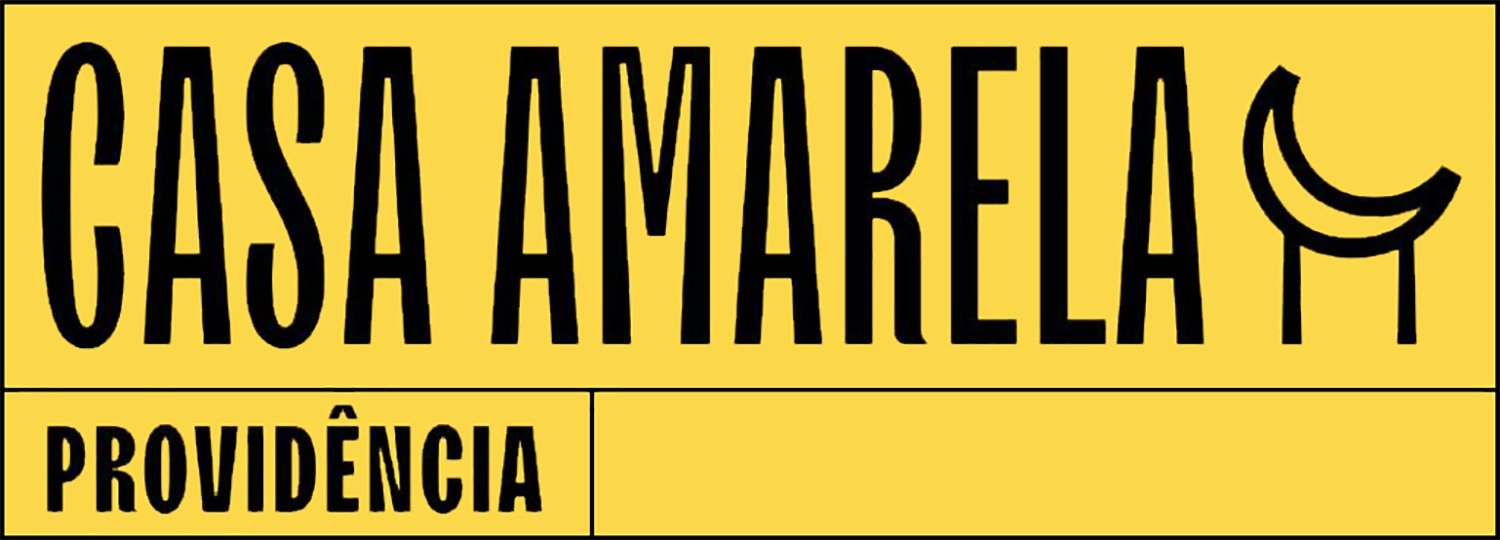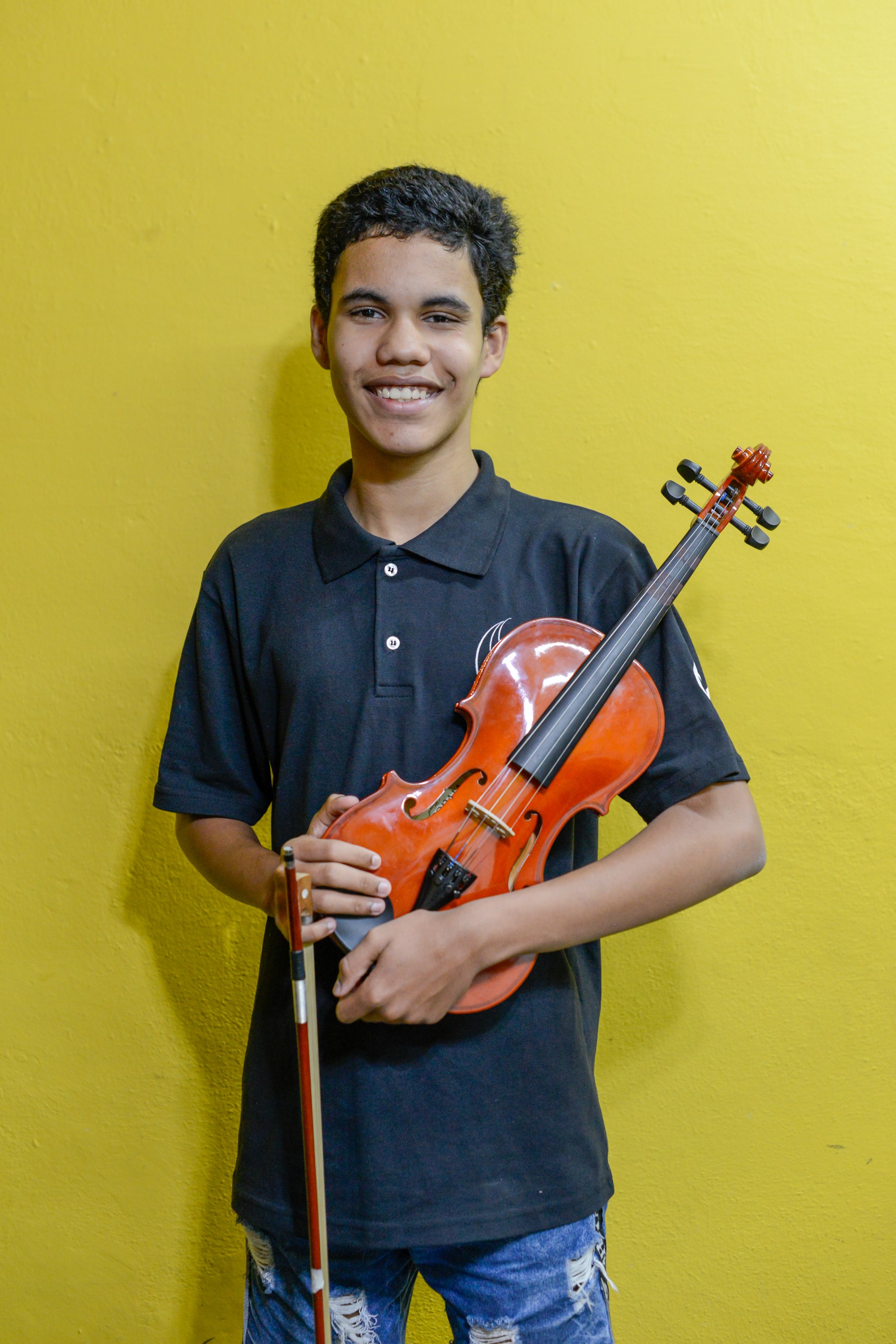Orquestra Luna is a violin chamber group composed of students from Casa Amarela Providência, located in Morro da Providência. It marks the beginning of the first orchestra in Morro da Providência.
All members receive instruction in various aspects of musical education, including instrumental practice, music history, musical perception, and ensemble performance.
This musical work has been developed by teachers Gláucia Maciel and Juliane Souza since 2017.
In recent years, the group has gained recognition through both individual and collective performances, including:
All editions of the Novembro Negro Festival (organized by Casa Amarela Providência, with its latest edition held at the Muhcab Museum),
Copacabana Palace,
The 1st Social Orchestras Festival (organized by UNIRIO and FIOCRUZ) at the Theatro Municipal do Rio de Janeiro,
The 2nd Social Orchestras Festival (organized by UNIRIO).
Orquestra Luna prioritizes Black composers in its repertoire, thus challenging the traditional norms of concert music for string instruments.
This approach has helped engage more children and teenagers in musical practice, alongside their community, friends, and family. As a result, in 2020, they won the Art and School Award under the Aldir Blanc Cultural Emergency Law.
The orchestra consists of 14 children between the ages of 9 and 14.
OBJECTIVES
Develop a counter-hegemonic approach to violin teaching, considering the social factors that affect both students and teachers.
Foster technical musical development on the violin, ensuring students achieve a high level of skill.
Enable students to perform a repertoire that is either desired or required for Specific Skill Tests for university entrance and orchestral auditions.
Expand musical knowledge through music history and musical perception studies.
Educational Perspectives
Our educational perspectives are grounded in both musical and human development. This approach emphasizes the importance of music education for understanding various musical concepts—rhythm, harmony, melody, pitch, and timbre. Music is fundamental to cultural expressions worldwide, and it holds the same value as language, mathematics, and the sciences.
We believe that access to music is essential for a well-rounded education, which is often restricted in Brazilian basic education.
Moreover, music education enables us to work collectively, fostering unity and sociability, where we debate, question, and create together—both as individuals and as a group. From this standpoint, we reflect on our territory, the Favela, and the daily challenges we face as favelados, such as racism, sexism, homophobia, classism, and other forms of violence.
Thus, violin teaching is infused with these perspectives, combining the Franco-German school of technical violin development with the realities we face in the classroom and our community. It is a rich blend, from Beethoven to Cartola.














